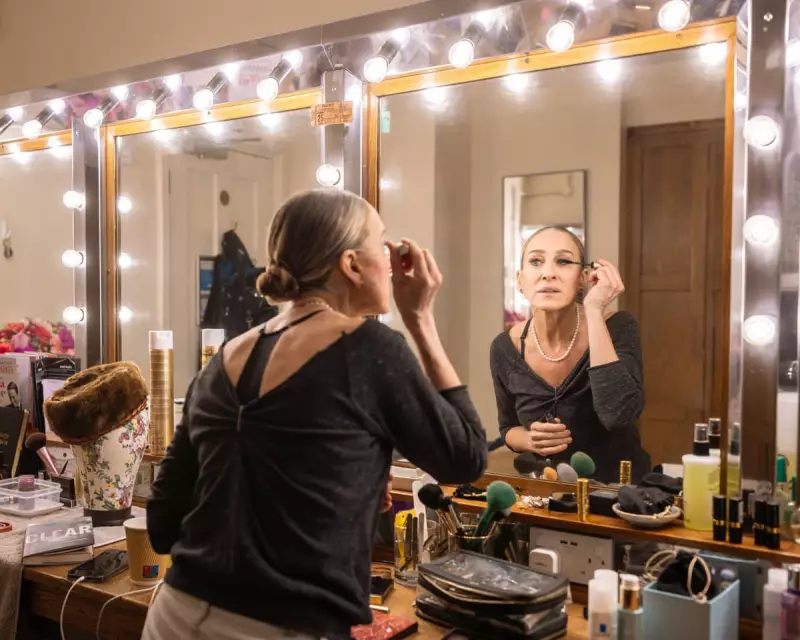
London's West End, once the crown jewel of British theatre, is becoming increasingly inaccessible to ordinary audiences as ticket prices reach unprecedented heights. According to recent analysis, the average cost for a premium seat has now surpassed £200, pushing many theatre enthusiasts to seek more affordable alternatives.
The Scottish Solution: Glasgow's Cultural Renaissance
While London prices continue to climb, Glasgow has emerged as a surprising contender in the UK theatre landscape. The city's cultural scene offers world-class productions at significantly more reasonable prices. From the historic Citizens Theatre to the modern Traverse, Glasgow provides a diverse range of theatrical experiences that won't break the bank.
"The quality of productions here rivals anything I've seen in London," says regular theatre-goer Sarah Jenkins. "And I'm paying a fraction of the price while enjoying a more intimate atmosphere."
Shakespeare's Globe: Authentic Theatre at Accessible Prices
Back in London, Shakespeare's Globe stands as a beacon of affordability amidst the West End's pricing crisis. With standing tickets starting at just £5 and seated options remaining well below West End averages, the Globe demonstrates that quality theatre needn't come with an exorbitant price tag.
The open-air theatre offers not only financial accessibility but also an authentic Elizabethan experience that many argue surpasses the commercialised productions of Shaftesbury Avenue.
Why Regional Theatre is Thriving
- Lower overhead costs translate to cheaper tickets
- More adventurous programming and new writing
- Intimate venues creating stronger audience connections
- Government and arts council funding supporting accessibility
Theatre experts suggest this pricing shift represents a broader trend in cultural consumption. As London becomes increasingly unaffordable for both artists and audiences, regional hubs like Glasgow, Manchester, and Bristol are experiencing a cultural renaissance.
The Future of Theatre Going
This redistribution of theatrical wealth may ultimately benefit the industry as a whole. By making theatre accessible to wider audiences outside the capital, these alternative venues are cultivating the next generation of theatre lovers.
As one industry insider noted, "Theatre shouldn't be a luxury product. What we're seeing in Glasgow and at The Globe proves that world-class drama can thrive without pricing out the very people it's meant to serve."





